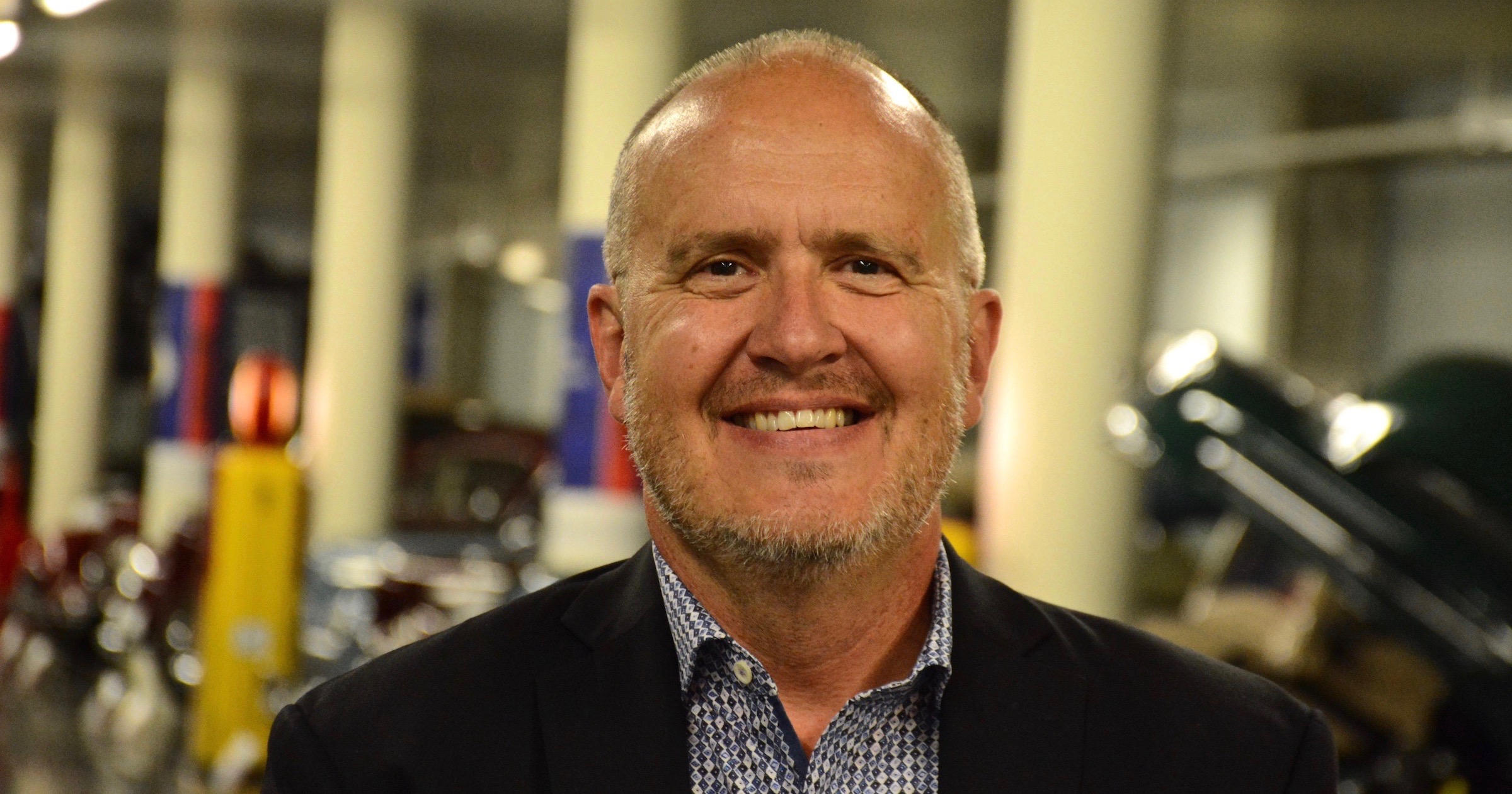 Evolution
Evolution
 Intelligent Design
Intelligent Design
Nelson: Evolution Morphing into Intelligent Design?

“When does the theory of evolution morph into intelligent design?,” our colleague Paul Nelson asked the other day. His answer? “Maybe now…”
Indeed. Of all people, atheist Richard Dawkins, as noted here last week, sounds like an ID advocate when he enthuses about being “[knocked] sideways with wonder at the miniaturized intricacy of the data-processing machinery in the living cell.” Now Dr. Nelson points out a new paper in Nature Communications, “Towards an engineering theory of evolution.” By a nice coincidence, the publication date is June 7, two days after the conclusion of our Conference on Engineering in Living Systems (CELS 2021). To judge from Steve Laufmann’s report here, an “engineering theory of evolution” might be one way of expressing what the ID proponents who participated in the CELS event, Dr. Nelson among them, were seeking.
Dangerous Talk
Compare the Abstract of the paper with Laufmann’s summary of the conference. From the Abstract:
Biological technologies are fundamentally unlike any other because biology evolves. Bioengineering therefore requires novel design methodologies with evolution at their core. Knowledge about evolution is currently applied to the design of biosystems ad hoc. Unless we have an engineering theory of evolution, we will neither be able to meet evolution’s potential as an engineering tool, nor understand or limit its unintended consequences for our biological designs. [Emphasis added.]
Now here is CELS 2021 as distilled for Evolution News by Steve Laufmann:
In this workshop-like setting, a core group of 60 biologists, engineers, medical practitioners, and researchers from related disciplines assembled for three days to explore ways to (1) apply engineering principles to better understand biological systems, (2) craft a design-based theoretical framework to explain and predict the behaviors of living systems, and (3) develop research programs to demonstrate the engineering principles at work in living systems. [Emphasis added.]
I appreciate that the authors of the paper, Simeon D. Castle et al., are laboring hard to keep their thinking strictly in the realm of unguided biological evolution. Still, theirs is dangerous talk, or it would have seemed so until recently.
Paul Nelson comments, “If someone had told me, let’s say in July 1992, when I was working on ID with Bill Dembski and Steve Meyer daily in Cambridge UK (at Tyndale House), that an article like this would be published by Nature [which publishes Nature Communications] in 29 years, I would NOT have believed it.” I don’t think I would have believed it either.
